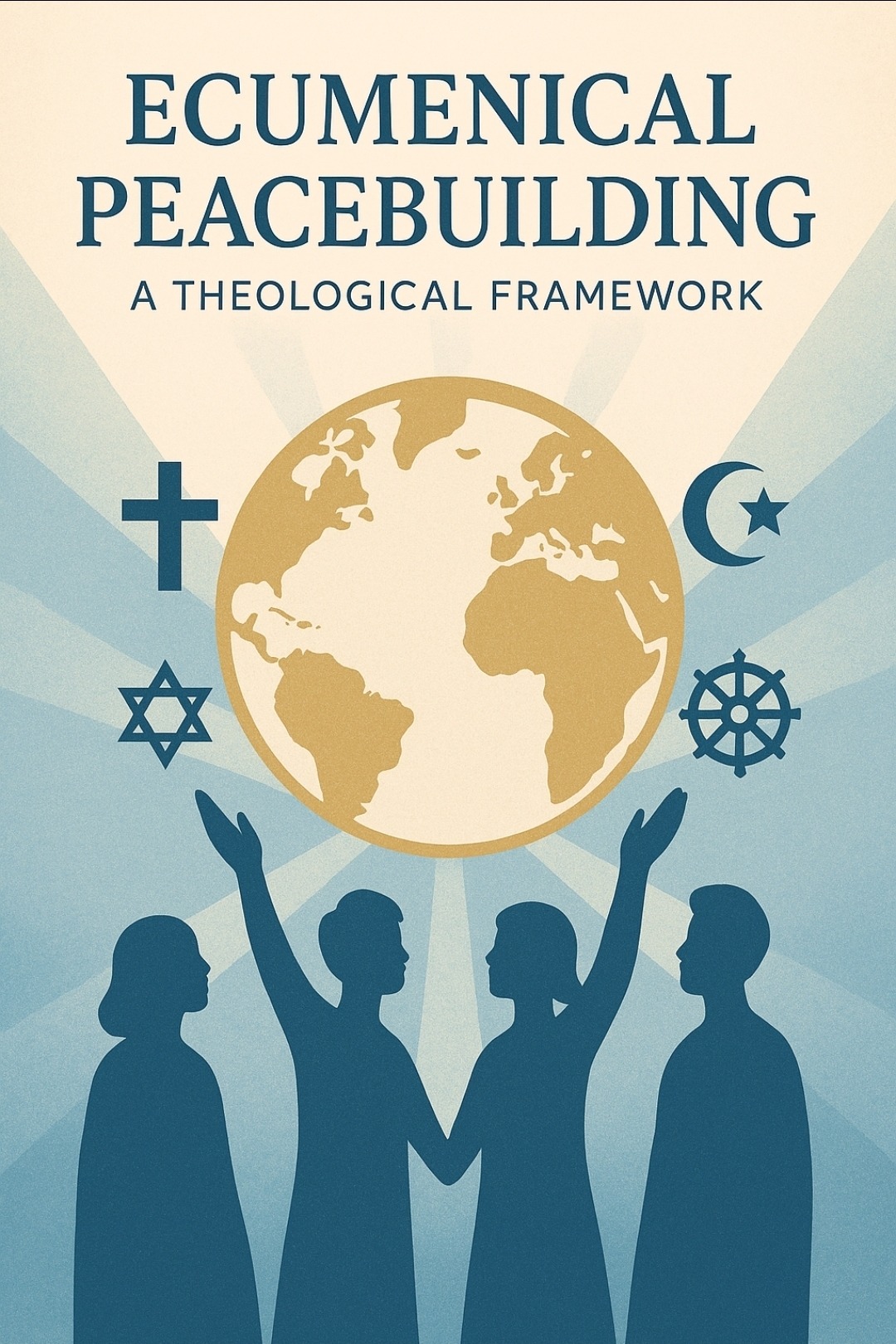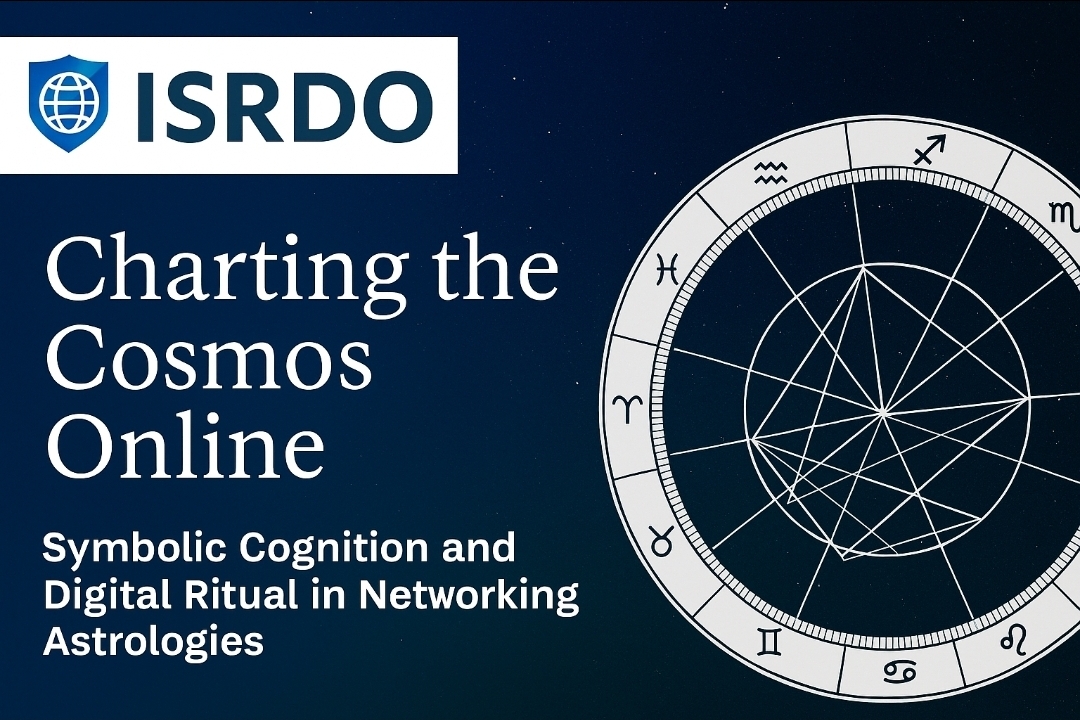
Anthropology
Anthropology is the scientific study of humans, human
behavior and societies in the past and present. Social anthropology studies
patterns of behaviour and cultural anthropology studies cultural meaning,
including norms and values. Linguistic anthropology studies how language
influences social life. Biological or physical anthropology studies the
biological development of humans. Visual anthropology, which is usually
considered to be a part of social anthropology, can mean both ethnographic film
(where photography, film, and new media are used for study) as well as the
study of "visuals", including art, visual images, cinema etc. Oxford
Bibliographies describes visual anthropology as "the anthropological study
of the visual and the visual study of the anthropological".
Anthropology and many other current fields are the
intellectual results of the comparative methods developed in the earlier 19th
century. Theorists in such diverse fields as anatomy, linguistics, and
Ethnology, making feature-by-feature comparisons of their subject matters, were
beginning to suspect that similarities between animals, languages, and folkways
were the result of processes or laws unknown to them then. For them, the
publication of Charles Darwin's On the Origin of Species was the epiphany of
everything they had begun to suspect. Darwin himself arrived at his conclusions
through comparison of species he had seen in agronomy and in the wild.
This meager statistic expanded in the 20th century to
comprise anthropology departments in the majority of the world's higher
educational institutions, many thousands in number. Anthropology has
diversified from a few major subdivisions to dozens more. Practical
anthropology, the use of anthropological knowledge and technique to solve
specific problems, has arrived; for example, the presence of buried victims
might stimulate the use of a forensic archaeologist to recreate the final
scene. The organization has reached global level. For example, the World
Council of Anthropological Associations (WCAA), "a network of national,
regional and international associations that aims to promote worldwide
communication and cooperation in anthropology", currently contains members
from about three dozen nations.
Since the work of Franz Boas and Bronisław Malinowski in the late 19th and early 20th centuries, social anthropology in Great Britain and cultural anthropology in the US have been distinguished from other social sciences by their emphasis on cross-cultural comparisons, long-term in-depth examination of context, and the importance they place on participant-observation or experiential immersion in the area of research. Cultural anthropology, in particular, has emphasized cultural relativism, holism, and the use of findings to frame cultural critiques. This has been particularly prominent in the United States, from Boas' arguments against 19th-century racial ideology, through Margaret Mead's advocacy for gender equality and sexual liberation, to current criticisms of post-colonial oppression and promotion of multiculturalism. Ethnography is one of its primary research designs as well as the text that is generated from anthropological fieldwork.
- Physical Anthropology
- Socio-Cultural Anthropology
- Archaeological Anthropology
- Linguistic Anthropology
- Culture and Society
- Primitive Economy and Religion
- Biological Anthropology
- Anthropology of Kinship
- Theories of Culture and Society
- Tribes and Peasants in World
- Biodiversity & Indigenous Knowledge / Cell Biology
- Human Genetics
- Anthropology of religion
- Fundamental of Human Origins and Evolution
- Human Ecology: Social and Cultural Dimensions
- Genomic Diversity in Human Populations
- Biological Diversity in Human Populations
Recent Published
Submit Manuscript
To give your manuscript the best chance of publication, follow these policies and formatting guidelines.


